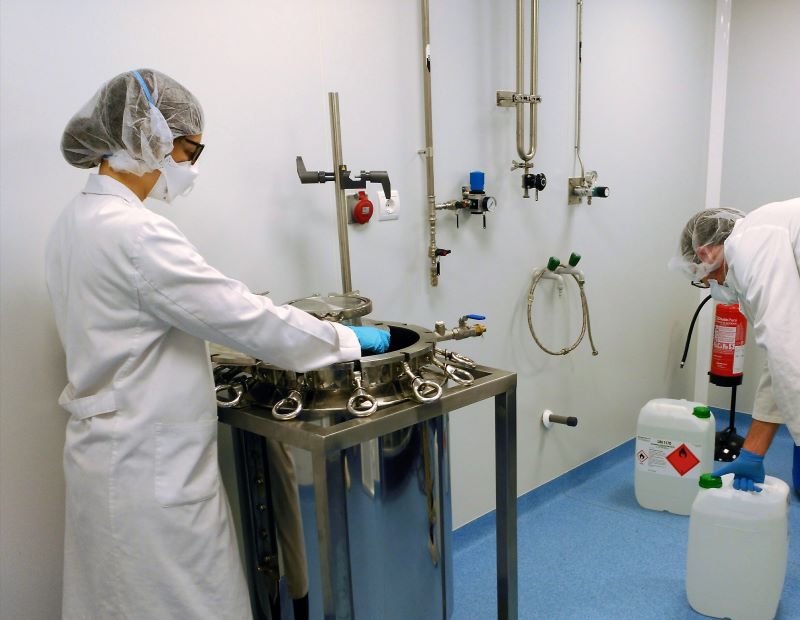
Knowledge and Technology Transfer to Face Covid-19
The FBG, the University of Barcelona’s (UB) TTO, continues to provide its management, promotion and consultancy services remotely in order to ensure that knowledge and technology transfer are key to fight against Covid-19 and to map out the consequences and possible solutions to this health care, economic, and social crisis.
Several research groups at the University of Barcelona have signed agreements to develop projects related to Covid-19 in collaboration with different institutions and companies. Two studies led by Dr. Marc Tarrés Vives —from the Faculty of Law— related to the impact of new regulations adopted due to the health crisis on the taxi sector are good examples of this. A study is also underway on the impact of the crisis caused by Covid-19 on municipalities in the province of Barcelona, and another one on the expected evolution of tourism in Catalonia —both of these led by Dr. Jordi Suriñach, from the Faculty of Economics and Business. To date, seven agreements have been signed: two by the Faculty of Law, two by the Faculty of Economics and Business, one by the Faculty of Medicine and Health Sciences, one by the Faculty of Fine Arts and one by the Faculty of Biology. Researchers have also been able to continue providing services to companies aimed at guaranteeing food safety and water quality in order to ensure that essential services can be normally provided during the current state of emergency.
In addition, Nostrum Biodiscovery —a spin-off of the University of Barcelona (UB), the Institute for Research on Biomedicine (IRB Barcelona), the Barcelona Supercomputing Center (BSC-CNS), and the Catalan Institute for Research and Advanced Studies (ICREA)— is collaborating with BSC-CNS to supply data for the intelligent design of SARS-CoV-2-related in silico drugs.
The research group led by Dr. Jordi Serra-Cobo, from the Institute for Research on Biodiversity (IRBio), is one of the partners of the CONVAT project, which is funded by the European Commission and aims to develop a device that can detect Covid-19 in a maximum of thirty minutes. In addition, the FBG’s Innovation Area team has also advised on the drafting of four UB projects that have been submitted to the CaixaImpulse Consolidate Covid-19 call for proposals.
Moreover, the University of Barcelona will conduct nearly 52,000 tests through the Orpheus programme, thanks to some eighty volunteers, mainly Research and Teaching and Administration and Services Staff from the Faculties of Medicine and Health Sciences, Biology, and Pharmacy and Food Sciences, as well as FBG staff. The FBG also collaborates with the Centre for Research and Production of Experimental Drugs, Farmatec UB, and with the Drug Development Service (SDM), which are producing hydroalcoholic solution for health centres on a large scale, according to the formula recommended by the WHO.
The continuity of services made possible by the FBG staff’s remote work has enabled UB research groups to continue signing contracts and agreements, applying for grants, preparing justifications, hiring staff, invoicing, receiving income, placing orders and making payments, applying for patents, and approving the creation of new companies, among other activities.

